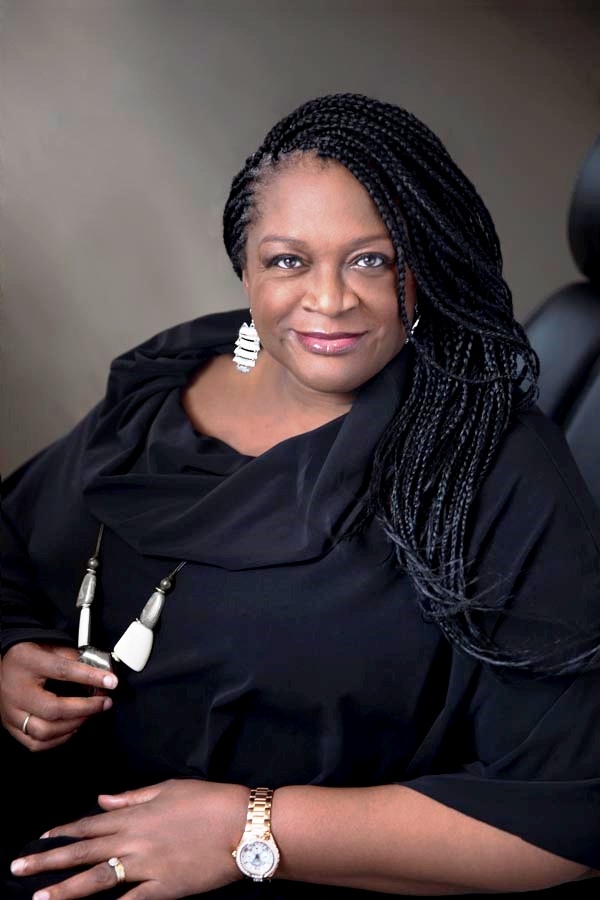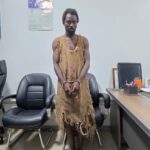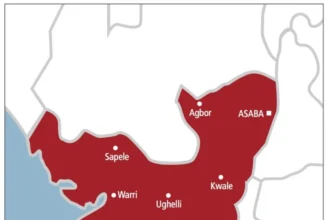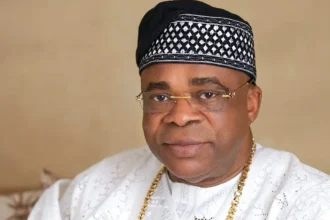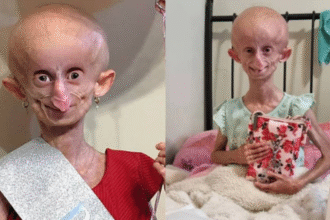It is one thing to appear in front of the camera. It is another thing entirely to stand behind it, calling the shots, shaping the story, and deciding how millions of people will experience a film. For years, Nollywood was seen as a man’s domain behind the lens. But today, female directors are no longer exceptions or footnotes. They are some of the most bankable, most innovative, and most globally visible voices Nollywood has to offer.
From Amaka Igwe’s groundbreaking TV dramas in the 1990s to the blockbuster heights of Kemi Adetiba’s The Wedding Party, from Genevieve Nnaji’s Lionheart milestone to Jade Osiberu’s gritty Gangs of Lagos, women behind the camera have redrawn the map of Nigerian cinema. And they are only just getting started.
The Pathfinders: Amaka Igwe and the Women Who Opened the Door
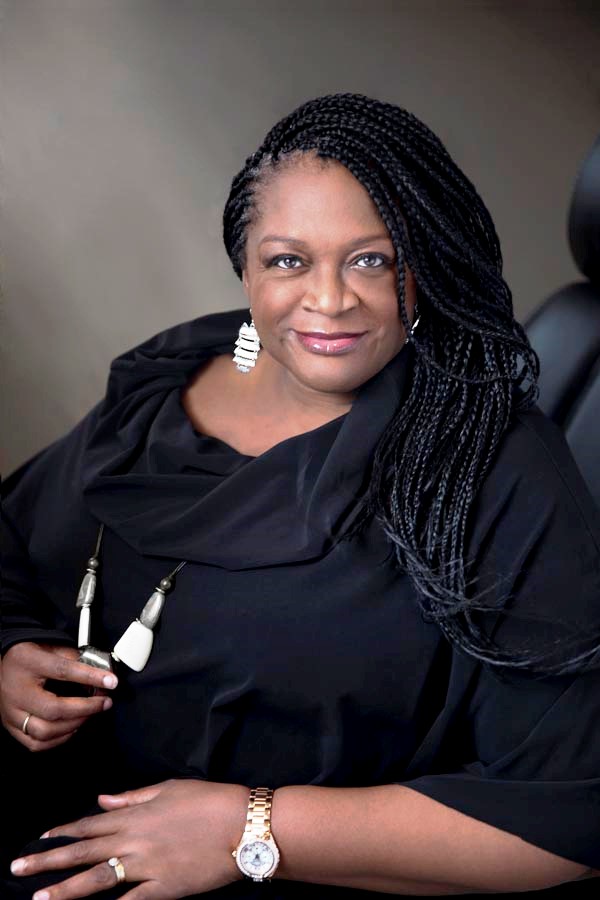
Every story needs a beginning, and in this case, the beginning is Amaka Igwe. Long before Nollywood became a global brand, she was setting the pace with TV dramas like Checkmate and Fuji House of Commotion, as well as early films that combined heart, humour, and social commentary. She proved that women could not only direct but also build companies, train talent, and establish standards in an industry still in its infancy.
Her death in 2014 was a huge loss, but her legacy lives on. In 2016, Tope Oshin who is a respected director herself, released Amaka’s Kin: The Women of Nollywood, a documentary interviewing other female filmmakers about their journeys and the barriers they faced. It was both tribute and manifesto to buttress that women belonged behind the camera, and Nollywood needed them.
The Directors Defining Nollywood Today
Kemi Adetiba: From Music Videos to Blockbuster Queen
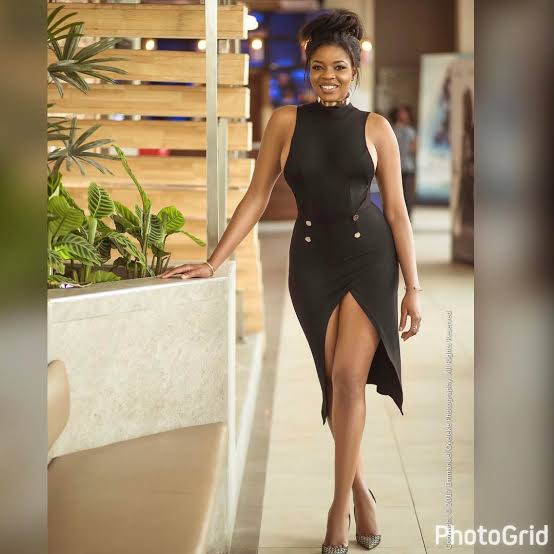
Kemi Adetiba’s career is a lesson in reinvention. She started as a radio host, became a celebrated music video director, and then leapt into film. Her directorial debut, The Wedding Party (2016), premiered at the Toronto International Film Festival and became, at the time, Nigeria’s highest-grossing film with over ₦452 million at the box office.
She followed it with King of Boys (2018), a political crime drama that solidified her as one of Nollywood’s sharpest storytellers. When Netflix commissioned King of Boys: The Return of the King (2021), Kemi became the first Nigerian filmmaker to direct a Netflix Original series.
Genevieve Nnaji: From Superstar Actress to Global Director
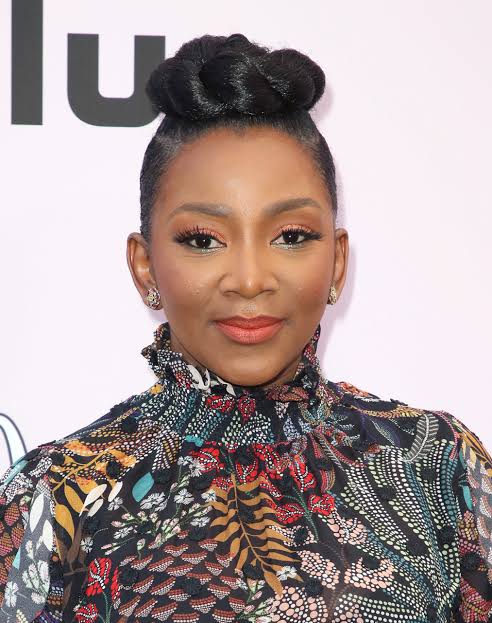
When Genevieve Nnaji directed Lionheart in 2018, it made global headlines. Netflix acquired it, their first original Nigerian film, and Nigeria submitted it to the Oscars, the first submission in our history. Although it was disqualified for having too much English dialogue, Lionheart marked a turning point. It announced that Nollywood women were ready to tell stories not just for Nigerians, but for the world.
Funke Akindele: The Box-Office Powerhouse
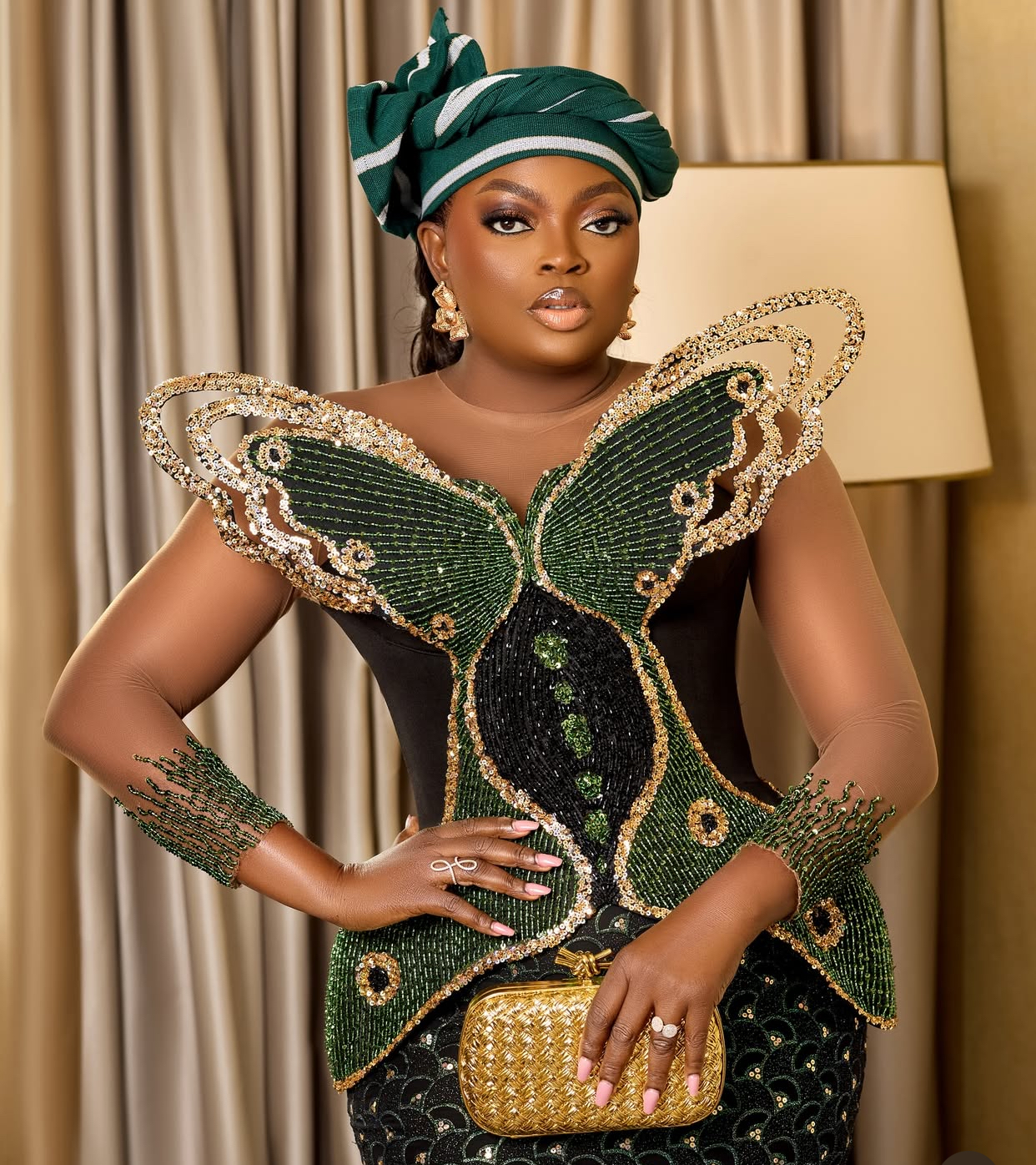
Funke Akindele wears many hats: actress, producer, entrepreneur, director. But one thing is obvious, she is a force at the Nigerian box office. Her film Omo Ghetto: The Saga (2020) shattered records and became the highest-grossing Nollywood film of all time. She has built entire franchises (Jenifa, Aiyetoro Town), proving that women can dominate commercially while still controlling the creative vision.
Jade Osiberu: The Streamer’s Favorite
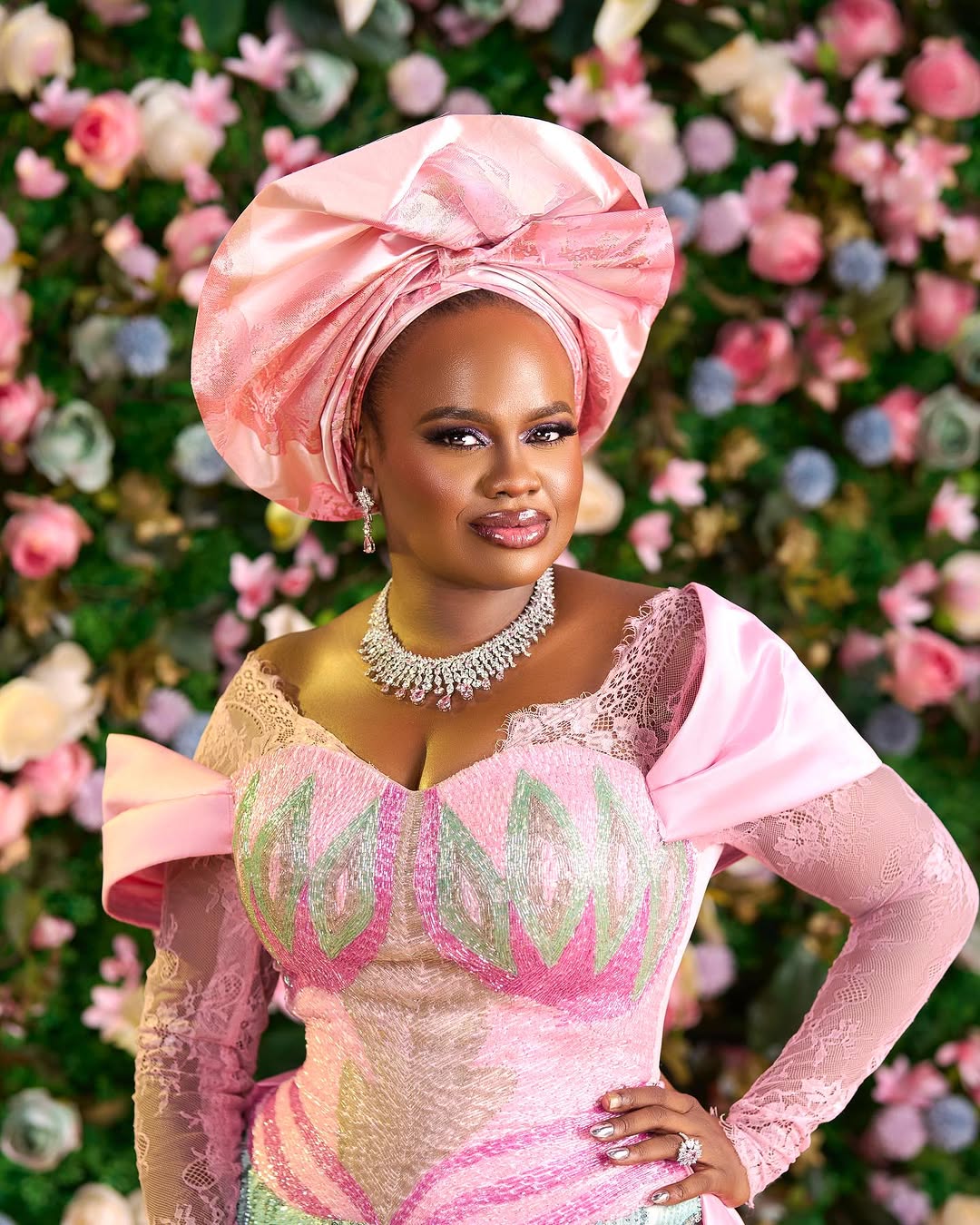
If there is one director who has cracked the streaming era, it is Jade Osiberu. Her film Isoken (2017) was a festival darling, but it was Gangs of Lagos (2023), Nigeria’s first Amazon Original film, that put her firmly on the global map. Premiering at the Toronto International Film Festival before landing on Prime Video, it confirmed her as a master of gritty, urban storytelling that travels.
Bolanle Austen-Peters: Theatre Meets Cinema
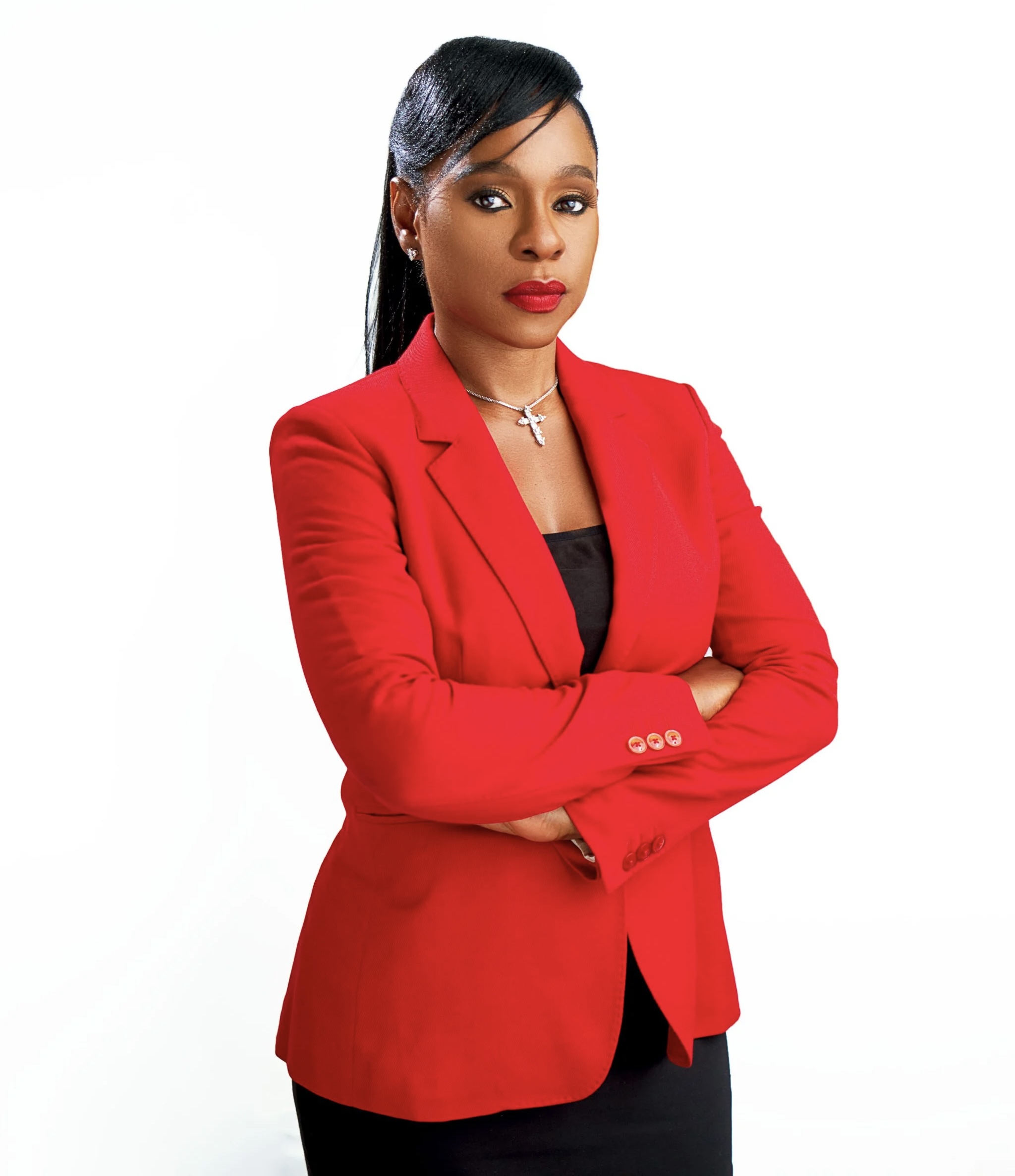
Bolanle Austen-Peters is proof that storytelling is bigger than one medium. Known first for her groundbreaking theatre productions with Terra Kulture, she expanded into cinema with films like 93 Days, Collision Course, and most recently Funmilayo Ransome-Kuti (2024) & House of Ga’a (2024). Her films have screened internationally, and she continues to build bridges between theatre, film, and activism.
Mildred Okwo: The Critical Voice
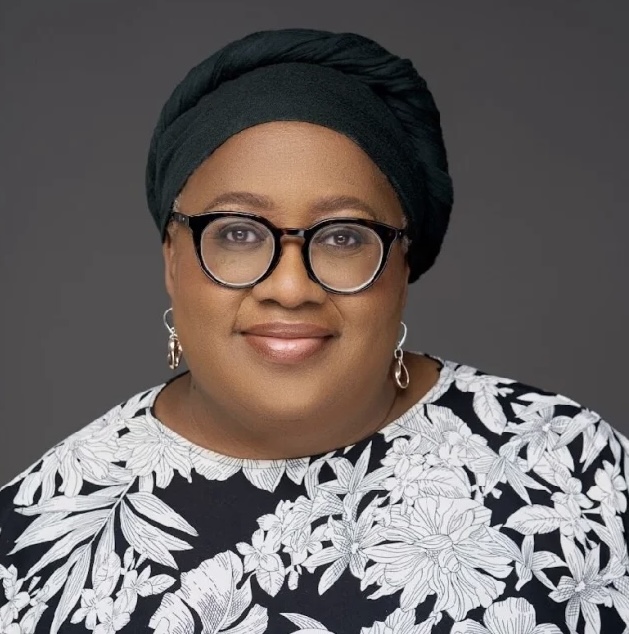
Mildred Okwo has never been about following trends. Her film The Meeting (2012), co-produced with actress Rita Dominic, became a critical darling, praised for its sharp writing and performances. Okwo is also one of the co-founders of the Nigerian Guild of Cinematographers and a vocal advocate for better structures in Nollywood. Her commitment is as much about quality storytelling as it is about building an industry that works.
Biodun Stephen: The Human Storyteller

Few directors have the knack for everyday Nigerian stories like Biodun Stephen. From Picture Perfect to Breaded Life, her films capture ordinary people in extraordinary situations with warmth and humor. She has built a reputation for making small-budget films feel big emotionally, and she commands a loyal fanbase who connect deeply with her characters.
Omoni Oboli: Actress, Producer, Director
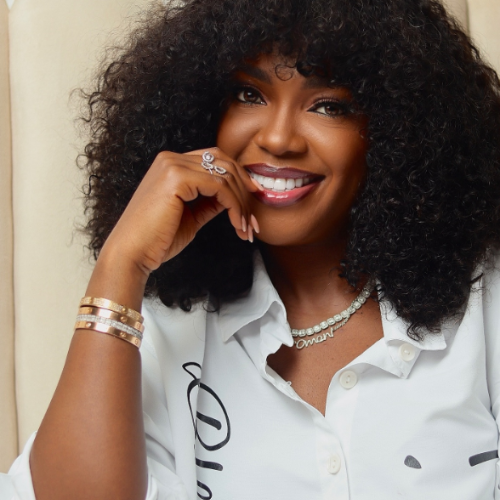
Omoni Oboli represents the multi-hyphenate wave of Nollywood women. She acts, she writes, she produces, she directs. Her films like Being Mrs. Elliott, Wives on Strike, and Okafor’s Law are unapologetically commercial, yet always tackle social issues at the heart of Nigerian life. She has shown that you can be in front of the camera and still command respect behind it.
Michelle Bello: The Festival Pioneer
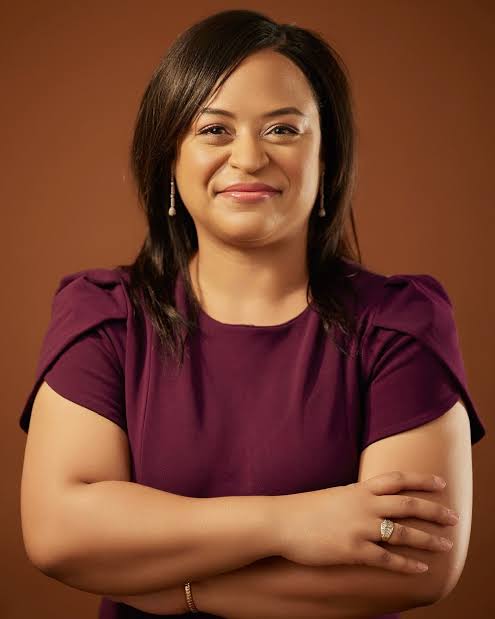
Michelle Bello’s Flower Girl (2013) was a romantic comedy that charmed Nigerian audiences and also traveled internationally. It screened in the US and UK, helping show that Nollywood films could cross borders without losing their heart. She is also a trailblazer in independent filmmaking, inspiring younger women to believe in small stories with big reach.
Tope Oshin: The Champion of Women’s Stories
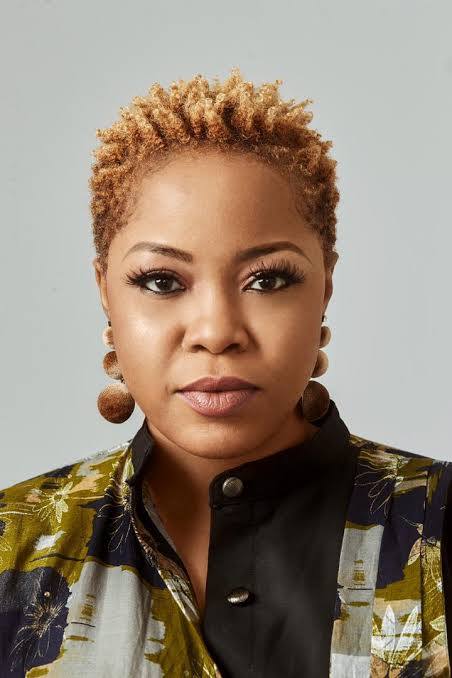
Finally, Tope Oshin deserves her flowers. Beyond her work as a director (Up North, New Money), she has been one of the most consistent advocates for women in Nollywood. Her documentary Amaka’s Kin remains a key reference point, and she has spent much of her career training, mentoring, and elevating other female voices. A Berlinale Talents alumna, she balances craft with activism in a way few others can.
Numbers Don’t Lie: Women Drive Audiences
For years, there was a stereotype that female directors only made “small” or “niche” films. The data tells a different story.
- The Wedding Party grossed over ₦452m in Nigeria.
- Funke Akindele’s Omo Ghetto: The Saga became Nigeria’s all-time box-office leader. Her Everybody Loves Jenifa (2024) earned over ₦1.88 billion and holds the record as the highest-grossing Nollywood film of all time.
- Jade Osiberu’s Gangs of Lagos launched as a Prime Video global release.
- Genevieve Nnaji’s Lionheart was the first Nigerian Netflix Original and the first Nigerian Oscar submission.
These aren’t niche numbers. These are market-shaping figures.
Conclusion
The rise of female directors in Nollywood is not a temporary wave. It is the new normal. With streaming platforms demanding more diverse local content, and with Nigerian audiences consistently turning out for films made by women, the future looks bright.
But challenges of financing must be more accessible, distribution pipelines more open, and critical recognition more consistent. Not every woman director has the clout of a Kemi Adetiba or Funke Akindele, and systemic support is still needed to ensure continuity.
Still, from the box office to red carpets, from Netflix launches to grassroots YouTube series, Nigerian women are behind the camera and they are telling stories only they can tell.
As Amaka Igwe once said: “I just want to make stories that people will never forget.” Today, Nollywood’s women are doing exactly that.

